The term “halcyon days” originally referred to an ancient myth that the European Kingfisher could calm the waves for fourteen days around the winter solstice while she was nesting. But in later years it came to mean a nostalgic time and the act of recalling the seemingly endless sunny days of youth.
And in my case, those sunny days were not in winter but during the warm Michigan summers.
In recent years I have been writing a family history book, charting the stories of my generation and those before me. Besides being a fascinating genealogical journey, the process allowed me an opportunity to reach out to both the cousins with whom I’m regularly in touch and those I’ve not seen for years as I collected some of their stories and details of their mothers’ lives.
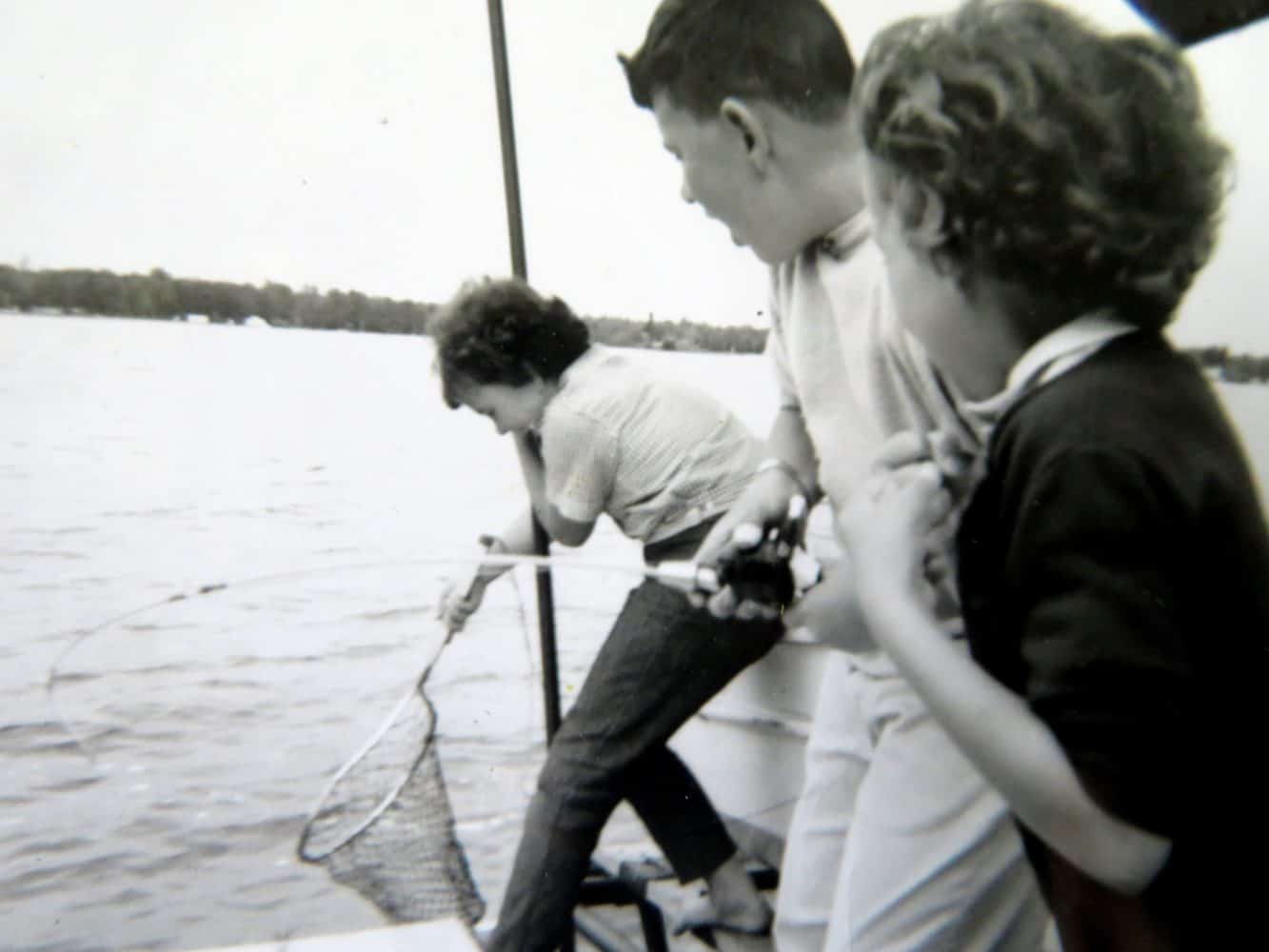
As they shared their memories, I couldn’t help but notice how many of our recollections were the same. My cousins and I spent every summer at our cottages in northern Michigan from the time we were teens (some of us were even younger) through our senior year in college. Our cottages were about a half mile apart and it was an open-door policy. We happily ran from one to the other, joining up with whichever cousin was available for another day of fun.
Our mothers more or less kicked us out of the house after breakfast. We could read on the porch or play a game, but most of the days would 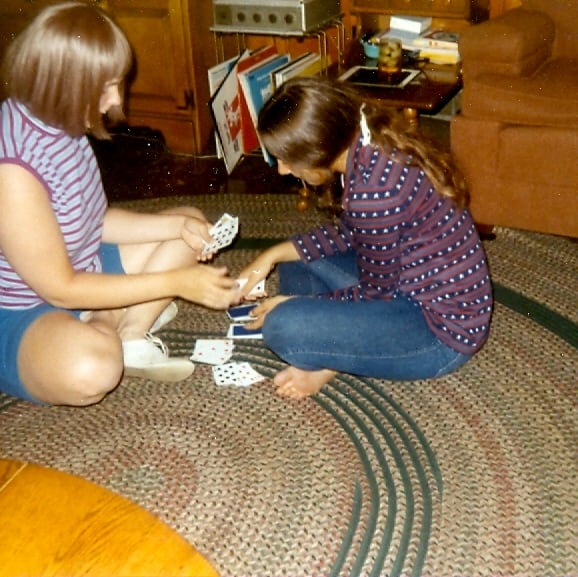 find us outside, building sand castles and operating the best mud-and-sand pie shop on Otsego Lake, the Deet’s Treats and Patty Cake Shop. We would cross the road to the swamp and bring home Mason jars filled with tadpoles and algae-loaded water and the boys might well find a garter snake to scare the girls (and the mothers).
find us outside, building sand castles and operating the best mud-and-sand pie shop on Otsego Lake, the Deet’s Treats and Patty Cake Shop. We would cross the road to the swamp and bring home Mason jars filled with tadpoles and algae-loaded water and the boys might well find a garter snake to scare the girls (and the mothers).
Other days would find my cousin Patty and me painting smooth rocks pulled from the shallows of the lake, producing one door stop after another. There was a never-ending rotation of jigsaw puzzles on the coffee table and countless games of gin rummy after the setting sun had sent us inside.
Every mother was “our” mother and had full “mother” rights, but they seldom had to use harsh words or time outs. We self-policed and consequently we were as happy as clams.
These were the summers of slammed screen doors, huckleberry picking and blue skies. When it rained, we might hit the road to go shopping in a large town an hour or so away. But when the sun was shining, we could be found at one house or another, sprawled out on chaise lounges or beach towels, a bottle of baby oil or Coppertone by our sides. There are few things I regret from those years. The baby oil is one of them!
Our days were filled with water play, usually water skiing. We would start in the morning when the water was at its most calm and one would 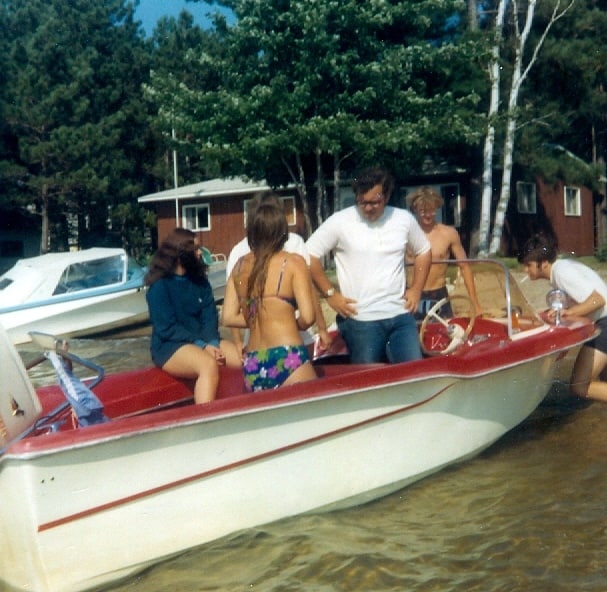 be just as likely to find us pushing the boat curfew hours of dusk, holding onto a tow rope while the driver (at least one driver, my cousin David) would do his best to dump us in the lake. There were moments of swimsuit malfunction and times when the boat’s seemingly endless gasoline tank would be empty while we were still far from shore. No matter. We were together and somehow – in that day before cell phones and texting for help – were able to figure something out.
be just as likely to find us pushing the boat curfew hours of dusk, holding onto a tow rope while the driver (at least one driver, my cousin David) would do his best to dump us in the lake. There were moments of swimsuit malfunction and times when the boat’s seemingly endless gasoline tank would be empty while we were still far from shore. No matter. We were together and somehow – in that day before cell phones and texting for help – were able to figure something out.
In those phone conversations with my cousins we would often note that we weren’t distracted by today’s technology. There were land lines in the cottages if we needed to phone but apart from that, our energies weren’t directed to bright screens that stayed with us no matter where we went. They were directed to each other, to the books we were reading, the puzzles we were assembling and the games we were playing. We noticed the sun’s reflections on the water, sparkling like diamonds, and the palette of oranges, golds, hot pinks and purples that danced in the skies as the sun began to set.
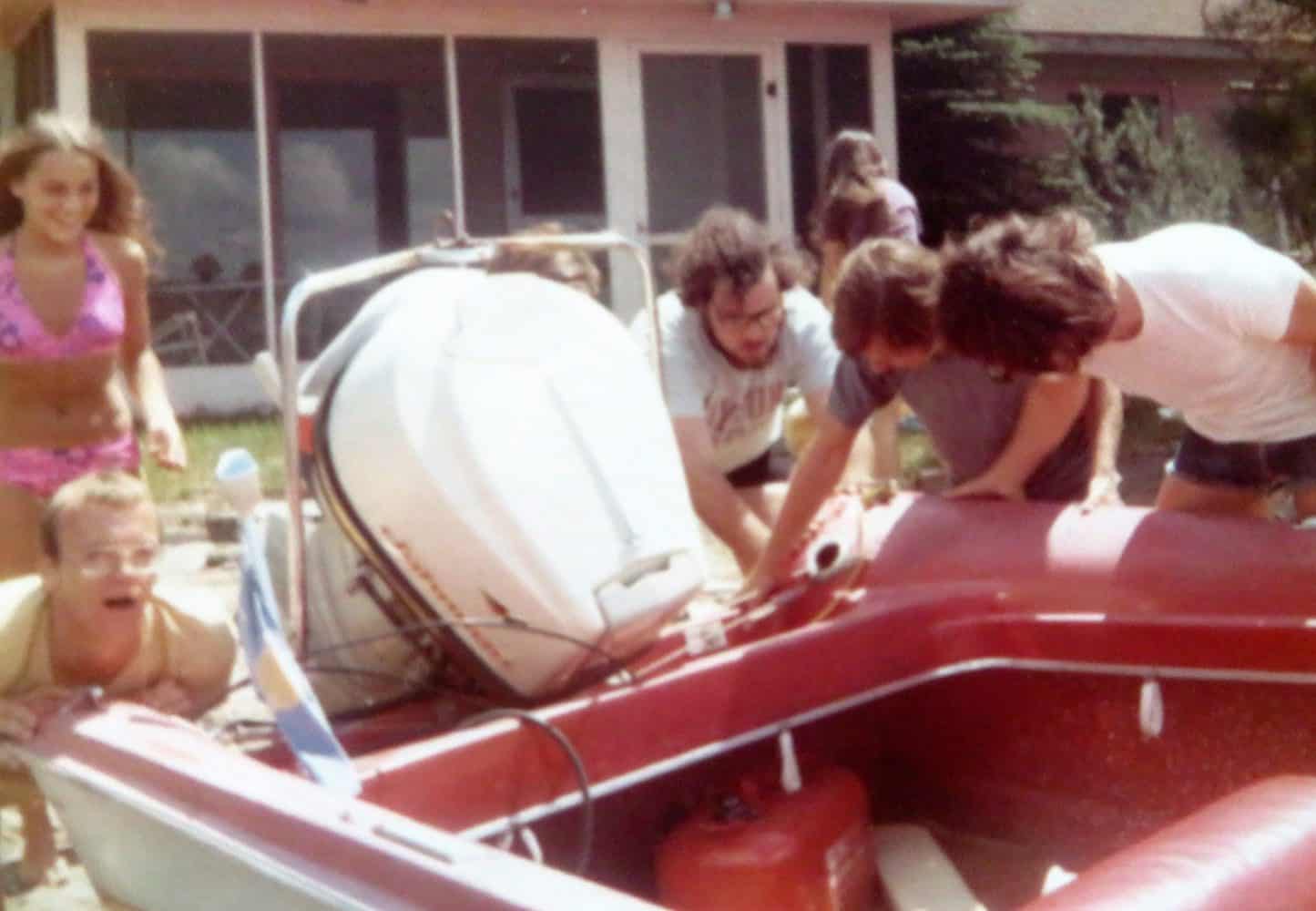
Inspired by the James Bond movies that were popular in that period, we honed our observation skills playing “spy” when we would go uptown with our mothers. While they had coffee and did the marketing, we would pick out a person – most likely a tourist – and follow them discreetly around town, building our dossier on their actions. We would hide in doorways and behind clothing racks and pretend great interest in the wares of a shop window as we followed our target. Of course, we were quite certain our gang of four was clever and most certainly unspotted by the unsuspecting target of our investigation. In retrospect, they probably were getting a kick out of four kids, ranging six years in age, following them!
Dinners were often communal, and on the nights my dad had good luck fishing, they were all the better. There were campfires and stories, 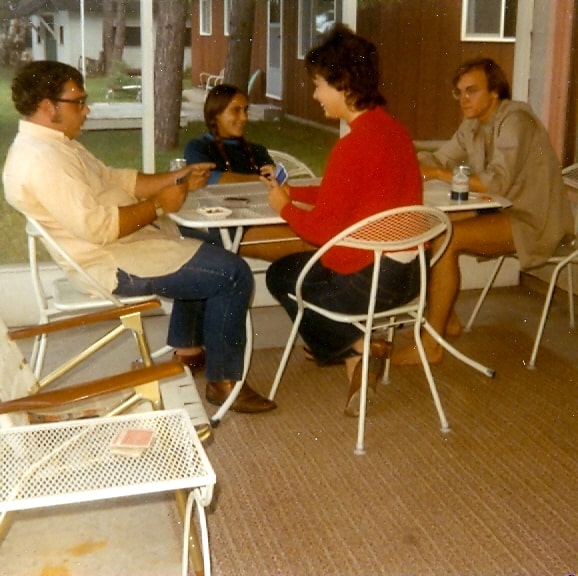 wishing on stars falling during a summer meteor shower. It was a world of dogs and children, family and love.
wishing on stars falling during a summer meteor shower. It was a world of dogs and children, family and love.
Life was simple then. We were open to everything, soaking up life like dry sponges plunged into a full tub of water. Our responsibilities were few – help with the dishes and household chores, make sure you let mom know where you are going, don’t sass the grown-ups.
As I pulled my family story together, I fell into those magical moments, feeling almost as though I was back in that time, on that beach, with my family. We were without care.
Looking back through my notes from all our conversations and the emails I received from the cousins, I was most struck by a comment cousin David made. He summed it up far better than I ever could.
“God, we took so much for granted back then,” he said. “We didn’t know how lucky we were to spend summers at the lake.”
And he was right. It was the end of an era.
About the Author: Jeanie Croope
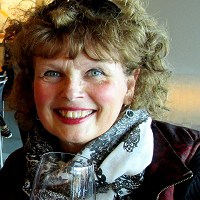 Jeanie Croope wrote her first poem when she was seven and hasn’t stopped writing since. Living in Lansing, Michigan and summering in Northern Michigan, she spent more than three decades in public broadcasting, managing events, publications and station communications.
Jeanie Croope wrote her first poem when she was seven and hasn’t stopped writing since. Living in Lansing, Michigan and summering in Northern Michigan, she spent more than three decades in public broadcasting, managing events, publications and station communications.
For the past fourteen years she has written the blog, “The Marmelade Gypsy”. An enthusiastic photographer and watercolor artist, she is currently working on a book charting her family’s history from the 1700s to present day.

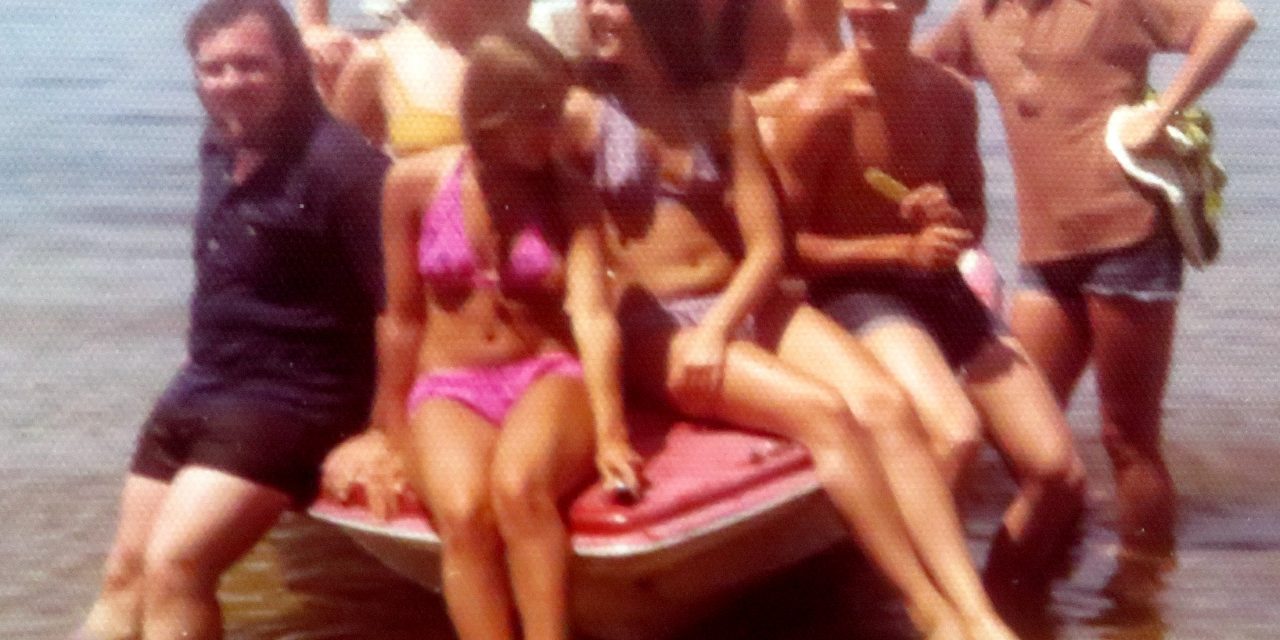
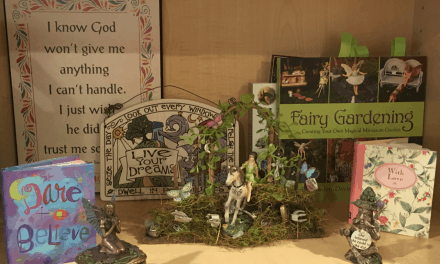
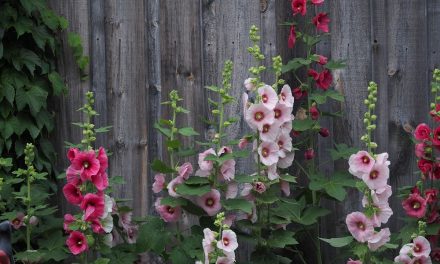
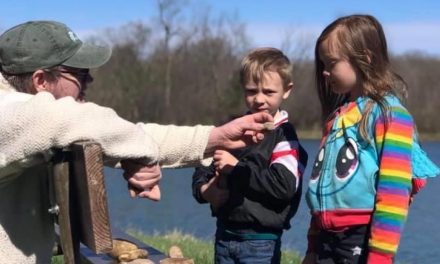
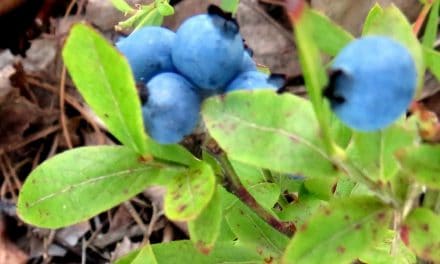
Those pictures and lyrical language are as beautiful as you are, Jeanie Croope. They made me nostalgic for YOUR summers. I know a little bit more about how you became you.
What a lovely thing to say! Thank you so much!
That is beautifully written , Jeanie, I almost felt as being there!
I never had this. Only one cousin and she was not the brightest. No lake, either.
Your memories sound really so wonderful! Waterskiing, wow! And no darn technology but diamonds on the water, beautiful. We didn´t use babyoil but I know what you mean, the smell of summer! That is no more…
Thank you for this journey.
Thank you, Iris. I was very lucky to have the youth I did. We knew it — and we didn’t. It’s great fun to look back on those days and treasure them. Thanks for coming by.
love this memory essay Jeanie ! except for the lake, your life was right alongside mine as I grew up in Ramona Californi (in the back country 40 minutes NE from San Diego CA.
It was a simple time without all the electonics. and every woman in town WAs your mom!! if you did something in bad behavior in mischief — the good old party line phone rang at your house and you did not escape a talking to when you got home. the phone operator knew everyone in town.
your cottage is so charming. love the screened porch. I visited relatives one year when my kids were teenagers in Hayward Wisconsin. Big lake and so much fun for kids and adults alike.
your trip down memory lane brought back some memories of my own.
Hugs. Sharon G in Las Cruces NM.
Isn’t it wonderful to have shared memories with people you’ve never met in person? They were indeed special days. Thanks for coming over to read!
Jeanie, what a lovely read. Your childhood sounds so similar to mine. No we didn’t have a lake cottage, but summers were spent with my cousins. Memories came flooding back while I was reading! You are gifted writer and storyteller dear friend!
I do think extended time with cousins is really the best. It’s siblings without the siblings! It doesn’t matter the locale, as long as everyone is together. Thanks for coming by, Pam.
I remember the days like these of youth when we had to occupy ourselves as children with our imagination outside and no electronics inside. i grew up in New York City and learned to ride the buses and subway for entertainment, often getting off at a stop and walking around at a new stop to see the sights. That gave me a love of travel, be it around the block to around the world.
Don’t you love that the world was so safe that you COULD ride the subway and buses and just get off somewhere, walk around and see what was there — and that your mother would let you? We don’t ride buses a lot in my town in Michigan but when I travel I love to — you see so much. Thanks for taking the time to come by and comment!